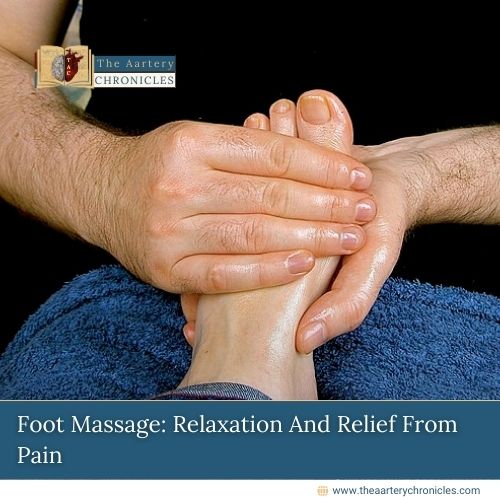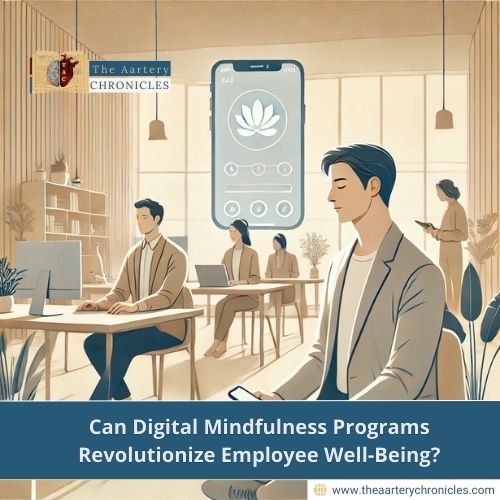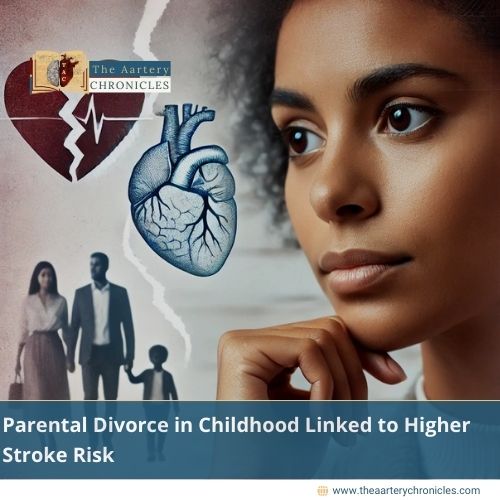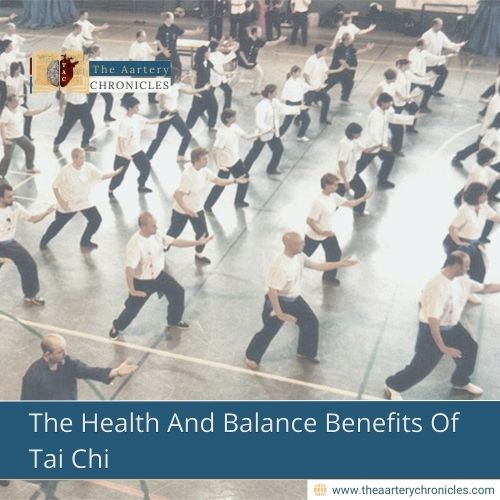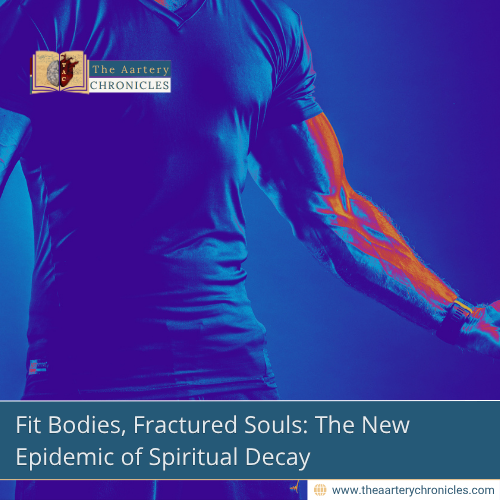
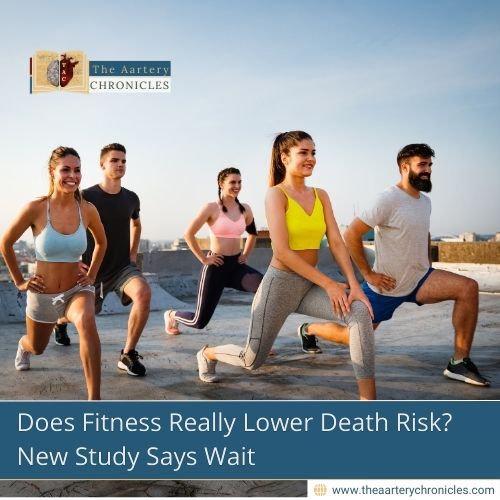
Does Fitness Really Lower Death Risk? New Study Says Wait
Summary: A large-scale Swedish study reveals that while high physical fitness reduces disease-related deaths, it also unexpectedly lowers the risk of dying from random accidents, raising questions about past research on fitness and mortality.
A common belief is being challenged: could we be overestimating the life-saving power of fitness?
A groundbreaking study from Uppsala University, published in the European Journal of Preventive Cardiology, has added a surprising twist to the long-held idea that being physically fit always lowers your risk of dying early. It’s true that high fitness levels in late adolescence are linked to lower death rates from diseases like heart conditions and cancer. The researchers also discovered something unexpected: fit individuals were less likely to die from random accidents like car crashes or drownings.
So, what’s really going on? Let’s break it down.
What the Study Looked At: 1.1 million Lives Tracked
Researchers analysed data from over 1.1 million Swedish men, all conscripted for military service between 1972 and 1995. The average age at the time was 18. They were grouped by fitness level and followed into their 60s or until death. Cause-of-death data was pulled from Sweden’s National Cause of Death Register.
Here’s what the numbers showed:
- 56% lower risk of cardiovascular disease death in the fittest group
- 31% lower cancer mortality risk
- 53% lower risk of death from all causes
These figures confirm what many health experts have long believed: being fit boosts longevity. But the story doesn’t end there.
The Curveball: Lower Risk of Accidental Deaths?
The most surprising part? The fittest men also had a 53% lower risk of dying from random accidents like
- Car crashes
- Drownings
- Homicides
Now, that’s puzzling. Physical fitness shouldn’t directly protect you from, say, getting hit by a car or being involved in a violent incident. This is where things get complicated.
Negative Control Outcome Analysis: A Closer Look at the Link
The researchers used a method called negative control outcome analysis. This technique helps to test whether observed results are truly caused by the factor being studied, in this case, physical fitness or whether other hidden factors might be influencing the outcome.
Their finding? The strong association between fitness and reduced accidental deaths suggests that confounding variables might skew the results, like
- Socioeconomic background
- Personality traits
- Lifestyle choices
In simpler terms, fitness alone might not be the magic bullet we thought it was.
Expert Insight: Don't Dismiss Fitness -Just Get Smarter About It
Marcel Ballin, lead author and epidemiologist, explains:
“Our results should not be interpreted as if physical activity and exercise are ineffective or that you should not try to promote them. But to create a more nuanced understanding of how big the effects of fitness are on different outcomes, we need to use several different methods. If we just ask the question in the same way, we will always get the same answer. It’s only when we get the same answer to a question that we have asked in slightly different ways that we can be sure that the findings are accurate.”
In short, fitness is still beneficial, but its impact on overall mortality may not be as clear-cut as previous research made it seem.
Fitness Matters - But So Does Context
So, should you stop exercising? Absolutely not. Regular physical activity still offers a wide range of benefits:
- Better mood and energy levels
- Stronger immunity
- Reduced disease risk
But this study reminds us to look deeper into health data and be cautious about attributing cause-and-effect too quickly. Future research using varied approaches may help paint a more accurate picture of how fitness influences long-term health.
Conclusion
Physical fitness in youth is linked to a lower risk of death from both diseases and accidents, but this surprising pattern suggests other life factors may be at play. The study doesn’t undermine the benefits of exercise, it simply calls for more rigorous research to fully understand its effects.

Dane
I am an MBBS graduate and a dedicated medical writer with a strong passion for deep research and psychology. I enjoy breaking down complex medical topics into engaging, easy-to-understand content, aiming to educate and inspire readers by exploring the fascinating connection between health, science, and the human mind.


